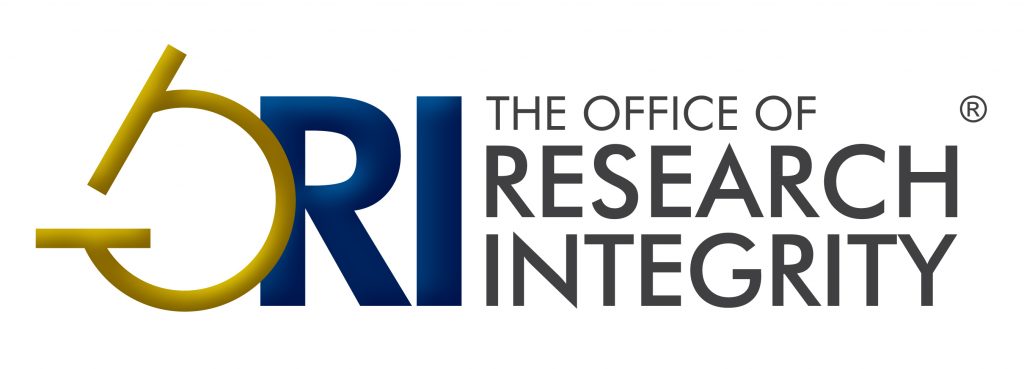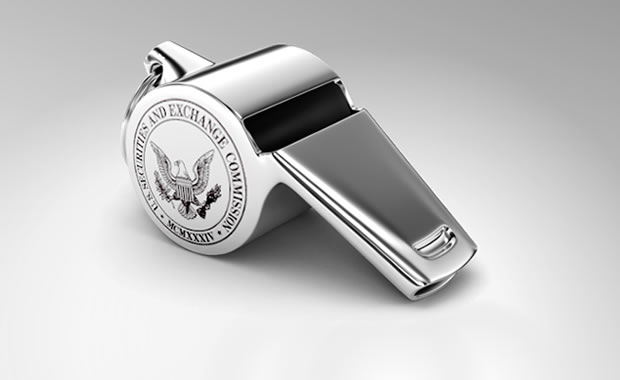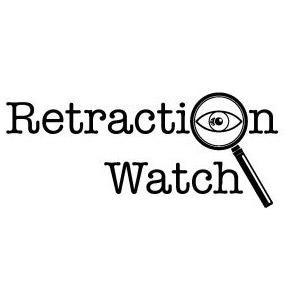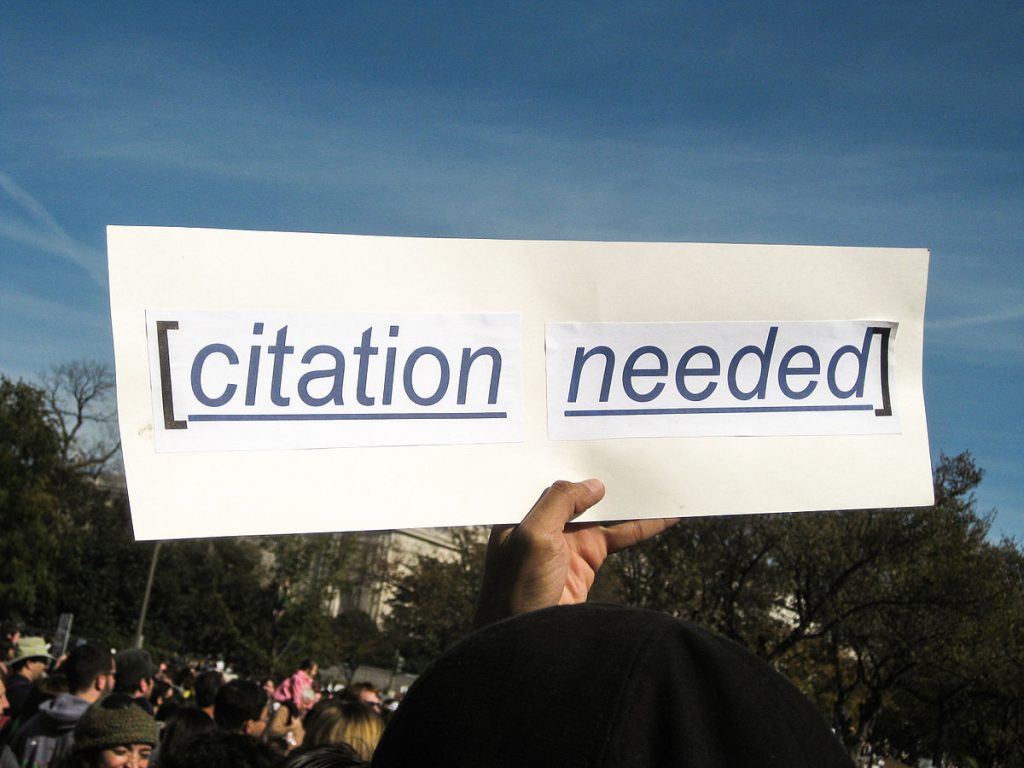
At least seven years after questions were first raised about work by a researcher at the University of Maryland Baltimore, School of Medicine, he has agreed to a three-year ban on Federal funding.
Anil Jaiswal, whose first retraction appeared in 2013, faked data in eight NIH grant applications and six papers supported by Federal grants, according to a new finding by the Office of Research Integrity (ORI). Jaiswal, the ORI said,
Continue reading Former Maryland researcher banned from Federal funding for misconductintentionally, knowingly, or recklessly: (a) used random blank background sections of film or empty boxes to falsely represent or fabricate western blot analyses; (b) used manipulated images to generate and report falsified data in figures; and (c) used mislabeled images to falsely report data in figures.







